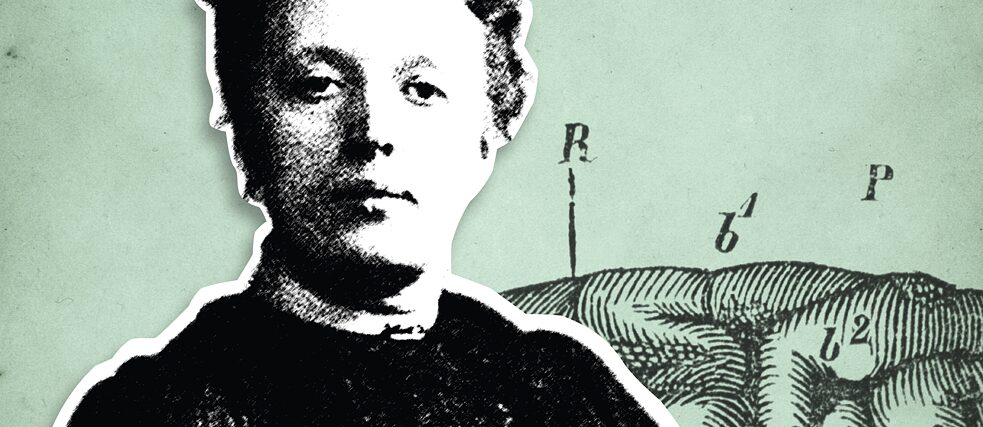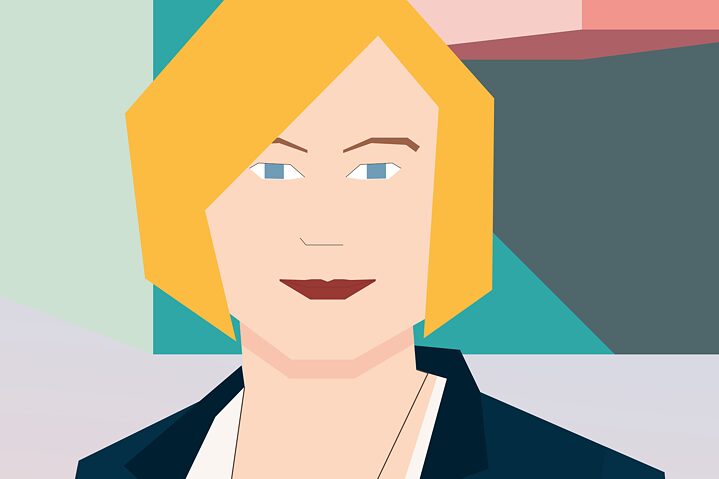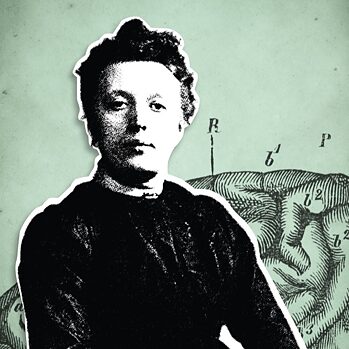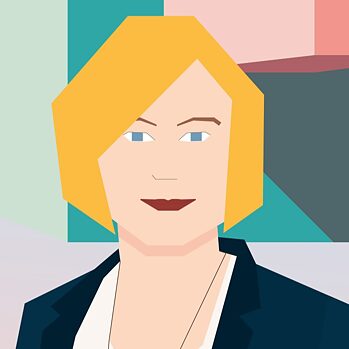What: Berlin – Capital of Women Scientists, poster exhibition
Learning Topics:- Visibility of German women in academia and science
- Gender equality in the labour market
- Berlin as a capital of research
- Motivation for young scientists and researchers
- Language learning with the help of social themes
- For more exact details, see „Contents and Detailled Learning Information”
Language level: A1 - A2
Poster Size: 945mm x 300mm, 22 posters
Content:
- Introducing oneself
- Speaking about others
- Speaking about studying
- Speaking about jobs and activities
- Leading conversations
- Writing profiles
- Reading comprehension
- Using past and present tense
Imagine: You want to become a scientist, but you are not allowed to study. You work in research, achieve groundbreaking results, but don't get paid. You are nominated for the Nobel Prize more than a dozen times, but you don't receive it because you are not a man. This exhibition gives the women who once defied all odds and paved the way for many generations of successful women scientists the recognition they deserve. And it also shows examples of the work of some of today’s outstanding women researchers. But don’t just use it for information, use it for inspiration.
In this exhibition, you will get to know women scientists who have had or continue to have a significant impact on teaching, research and the city of Berlin. More than a hundred years after the first female student was officially enrolled, Berlin can now present itself as the capital of women scientists with the highest proportion of women professors in Germany and counts a total of more than 15,000 women scientists, from doctoral students to university presidents.
The exhibition is part of the project "Berlin - Capital of Women Scientists", an initiative of the Governing Mayor of Berlin, Michael Müller, which was carried out in 2021 by the Berlin Institute of Health with the support of the Berlin Senate Chancellery. The starting point was Wikipedia edit-a-thons with interested amateur researchers, from schoolchildren to senior citizens. Together they edited and wrote more than 50 Wikipedia entries about women scientists in Berlin.





